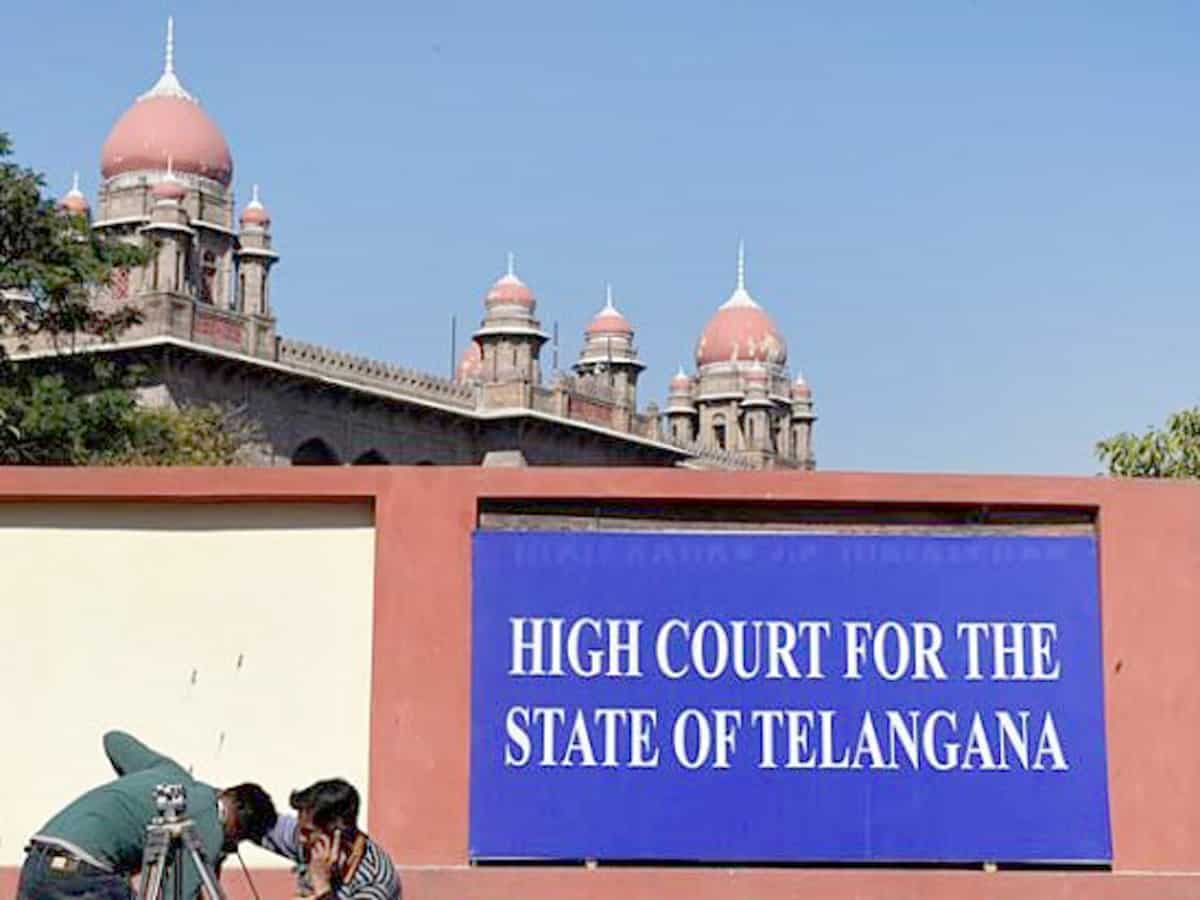
Hyderabad: The Supreme Court of India has upheld the Telangana government’s rule that requires candidates seeking appointment as civil judges in the state to be proficient in Telugu.
This decision came after the court dismissed a petition challenging the state’s notification, which made Telugu proficiency a mandatory qualification for judicial appointments.
The Supreme Court bench, comprising Justices BR Gavai and AG Masih, refused to intervene in the matter, thereby supporting the Telangana High Court’s earlier decision in favour of the state government.
Petitioner’s Urdu argument
The petitioner, Mohd Shujath Hussain, had argued that the Telangana Judicial (Service and Cadre) Rules, 2023, were discriminatory because they did not recognise Urdu proficiency as an alternative, even though Urdu is the state’s second official language.
Hussain, who had studied in Urdu medium, requested that the recruitment process allow candidates to take the examination in Urdu as well.
He contended that this would be fair, considering the significant Urdu-speaking population in Telangana.
However, both the High Court and the Supreme Court found no merit in the argument. The courts observed that the rules did not exclude Urdu speakers from applying, but simply required that all candidates possess proficiency in Telugu, the most widely spoken language in the state.
Telugu proficiency doesn’t amount to anti-Urdu discrimination: SC
The Supreme Court made it clear that the requirement for Telugu proficiency was an additional qualification and did not amount to discrimination against Urdu speakers.
The Telangana Judicial (Service and Cadre) Rules, 2023, which came into effect in June 2023, introduced a translation component in the recruitment exams, requiring candidates to translate between English and Telugu.
The High Court had previously noted that the state government was within its rights to set such qualifications, as it is best positioned to determine the needs of its judicial services.
The court also emphasised that judicial review of such policy decisions is limited unless there is clear evidence of arbitrariness or discrimination.


